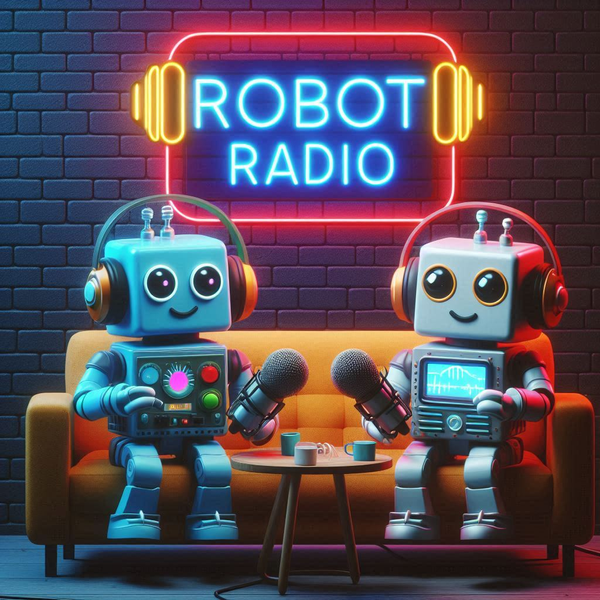1 Million Duolingo Users Could Soon Translate the English Wikipedia to Spanish in Just 80 Hours
A few weeks ago, word of a new translation-focused project by reCAPTCHA’s creator and CMU professor Luis von Ahn made the rounds on the Internet, but details about the project have remained sparse. Now, during a TEDx talk at CMU, von Ahn revealed more details about the Duolingo project. The site has not launched yet, but a private beta is scheduled to begin within the next month or so.
Problem: Not Enough Bilingual Speakers to Translate the Web
The issue with today’s machine translation programs, von Ahn points out in his talk, is that the translations just aren’t good enough yet and that all the mistakes in these translations make readers doubt the validity of the rest of the translation. Hiring translators would obviously be too expensive, but von Ahn’s project aims to get 100 million Internet users to translate the Web for free instead.
Solution: Duolingo
![]() The problem here is that there is a lack of bilingual speakers out there and that those who are bilingual are likely not very motivated to devote the rest of their lives to translating the ever-changing Web. To solve this problem, von Ahn aims to combine translation with language learning with Duolingo. Indeed, von Ahn estimates that it would take 100,000 Duolingo users to translate all of the English Wikipedia to Spanish in just 5 weeks and that 1 million users could do this in just 80 hours.
The problem here is that there is a lack of bilingual speakers out there and that those who are bilingual are likely not very motivated to devote the rest of their lives to translating the ever-changing Web. To solve this problem, von Ahn aims to combine translation with language learning with Duolingo. Indeed, von Ahn estimates that it would take 100,000 Duolingo users to translate all of the English Wikipedia to Spanish in just 5 weeks and that 1 million users could do this in just 80 hours.
Here is what Duolingo does: With Duolingo, users with only a basic understanding of the target language get to translate very simple sentences, while more advanced learners translate more complex sentences. According to von Ahn’s research, this methodology for language learning actually works just as well as regular language programs on the Internet. The resulting translations, which combine the efforts of multiple translators, are generally as good as those produced by professional translators.
Duolingo will use real texts from real Internet sites, including the New York Times, Wikipedia and PBS, which, says von Ahn, will make translating these text far more interesting for learners than working with artificial texts. Sadly, the team has not shown any screenshots of Duolingo’s user interface yet.
You can watch von Ahn’s TEDx talk below (the part about Duolingo starts around 8 minutes into the video):



